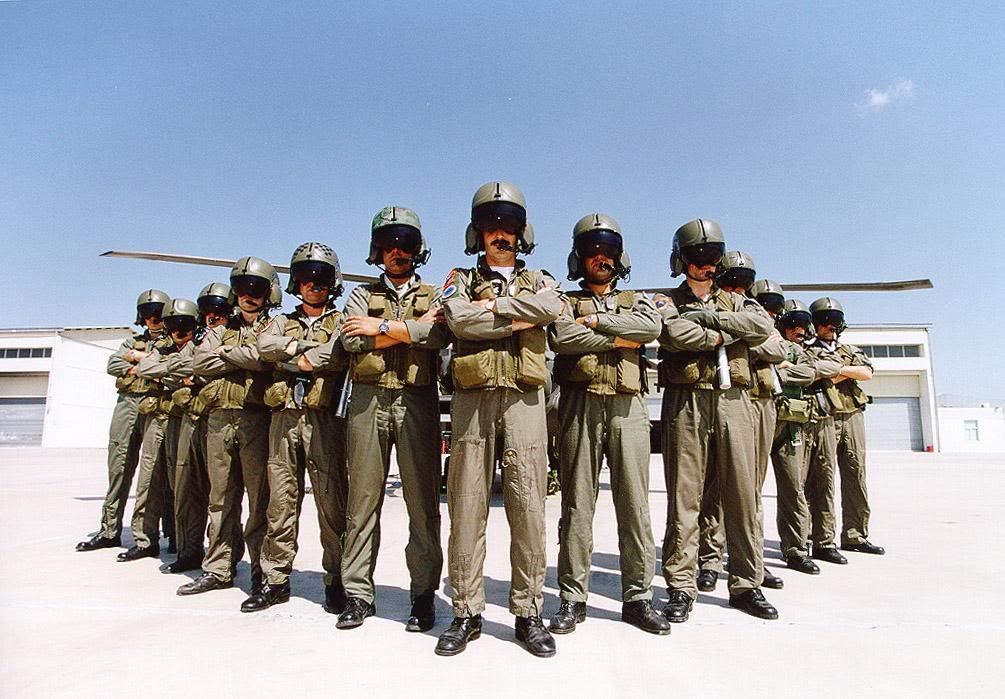Macedonian
μολὼν λαβέ
MYK und OYK (Spezialeinheiten)































 HELLENEN IN AFGANISTAN (Wir sind nicht zum ersten mal da
HELLENEN IN AFGANISTAN (Wir sind nicht zum ersten mal da 
















NICOSIA, Cyprus -- Budgetary constraints are forcing the Greek government to reduce arms purchases, despite initial plans for a massive shopping spree to upgrade its arsenal.
Among projects affected by the cuts are the purchase of U.S.-made F-16 fighter planes, part of a $3.5 billion deal described in Greece as "the buy of the century."
Diplomats said such cuts are usually reflected in similar, reciprocal measures by Turkey in the constant military muscle-flexing around the contested waters of the Aegean Sea. So far, there has been no official reaction in Turkey.
Editorials and some political groups in Greece have been critical of the country's military spending. In terms of its gross domestic product, Greece has one of the world's largest defense budgets.
"We have long accepted that these expenses are necessary," wrote the conservative Athens daily Kathimerini. "But this investment has few benefits."
Politicians point out that the $35 billion spent on weapons in the past decade has not given Greece supremacy over Turkey, its traditional enemy.
Critics said one of the causes of the massive arms spending is a system of lucrative kickbacks to middlemen.
The planned military spending cuts follow a period of tension between Greece and Turkey, including accusations that Turkish warplanes have violated Greek airspace and the cancellation of a visit to Turkey by Greek Prime Minister Costas Karamanlis.
According to official Greek sources, the atmosphere between the countries was not propitious for a visit, which had been intended to "confirm good bilateral relations."
Sources in the Greek Finance Ministry said cuts in military spending might reach $600 million in 2006 and would help the government reduce its budgetary deficit in line with European Union requirements.
Greece and Turkey embarked in May 2004 on what diplomats described as a "period of optimism and hope," having concluded 25 bilateral agreements in the previous five years.
More recently, Greece backed the European Union's decision to open negotiations for Turkey's membership in the union, feeling that a "European" Turkey would be easier to handle in a crisis.
However, continuing disagreement over Cyprus has thrown up what some newspapers are calling "a new wall in the Aegean."
Seeing Greek procurement plans as "an indication of Greek mistrust of Turkish intentions," Turkish defense authorities began a search for their own sources of military hardware.
While awaiting delivery by the United States of the "joint strike fighter" known as F-35, Turkey intends to buy an unspecified number of "Eurofighter Typhoon" aircraft, jointly produced by Britain, Italy, German and Spain.




Folge dem Video um zu sehen, wie unsere Website als Web-App auf dem Startbildschirm installiert werden kann.
Anmerkung: Diese Funktion ist in einigen Browsern möglicherweise nicht verfügbar.
Wir verwenden essentielle Cookies, damit diese Website funktioniert, und optionale Cookies, um den Komfort bei der Nutzung zu verbessern.
Siehe weitere Informationen und konfiguriere deine Einstellungen